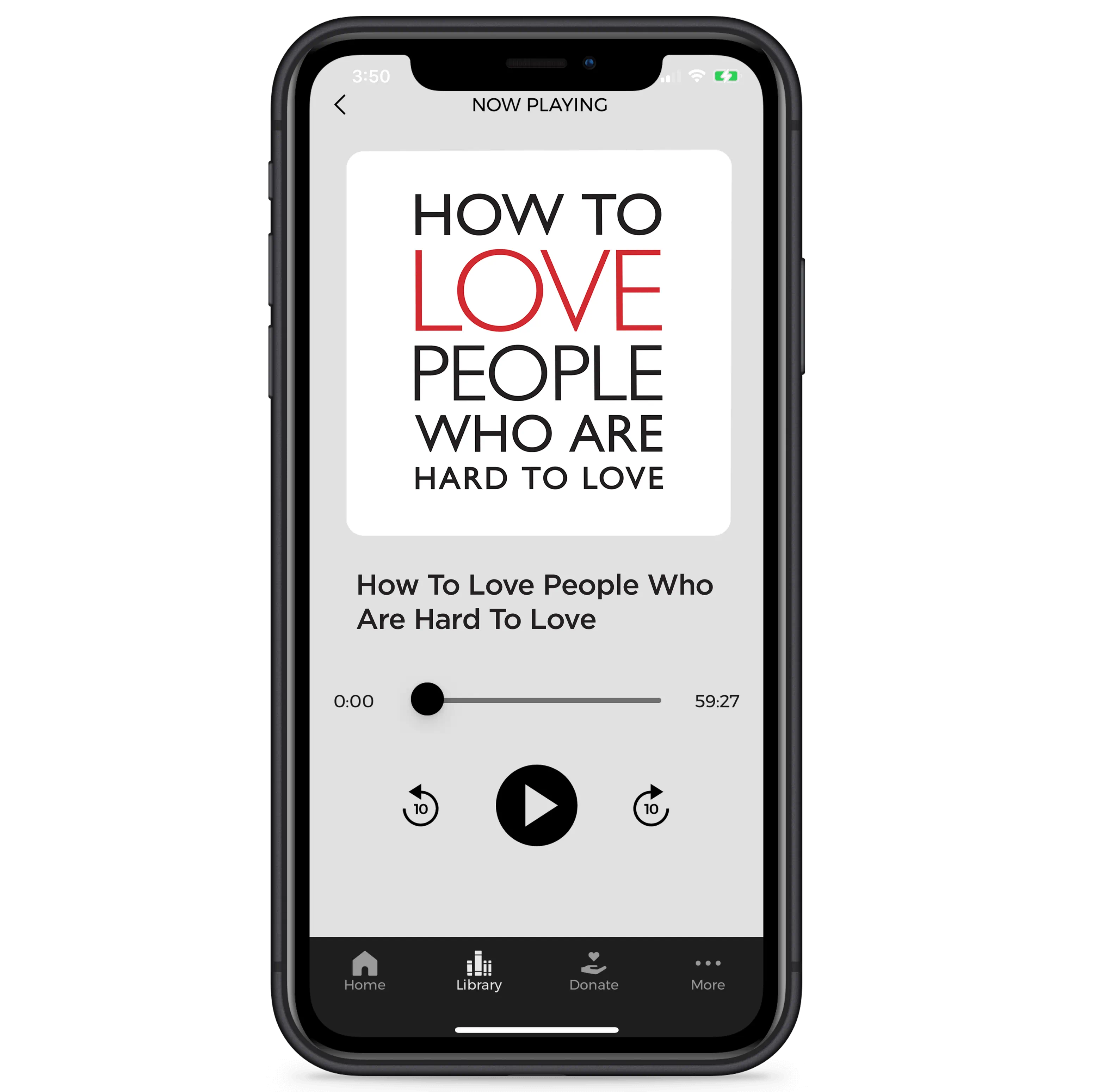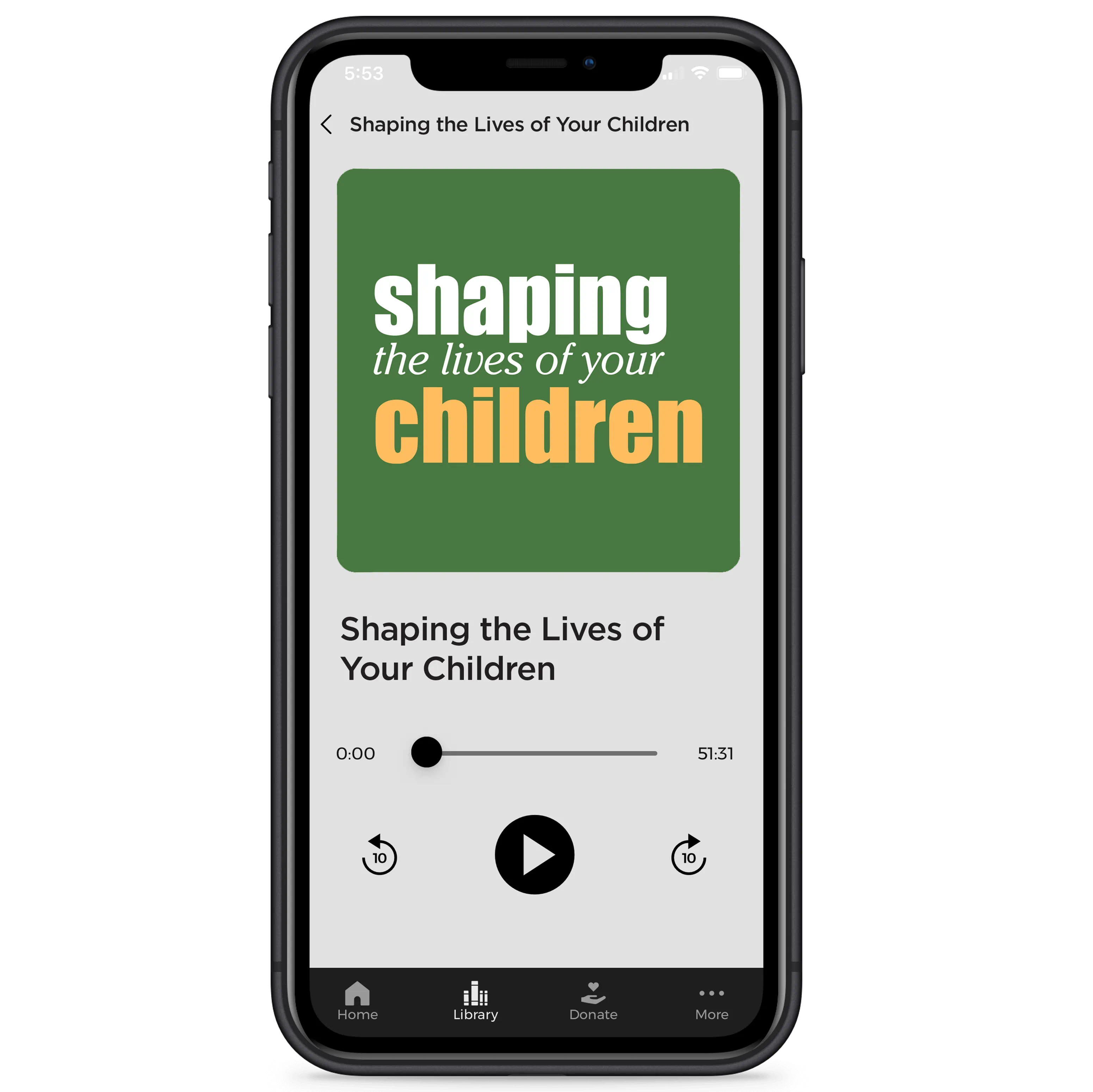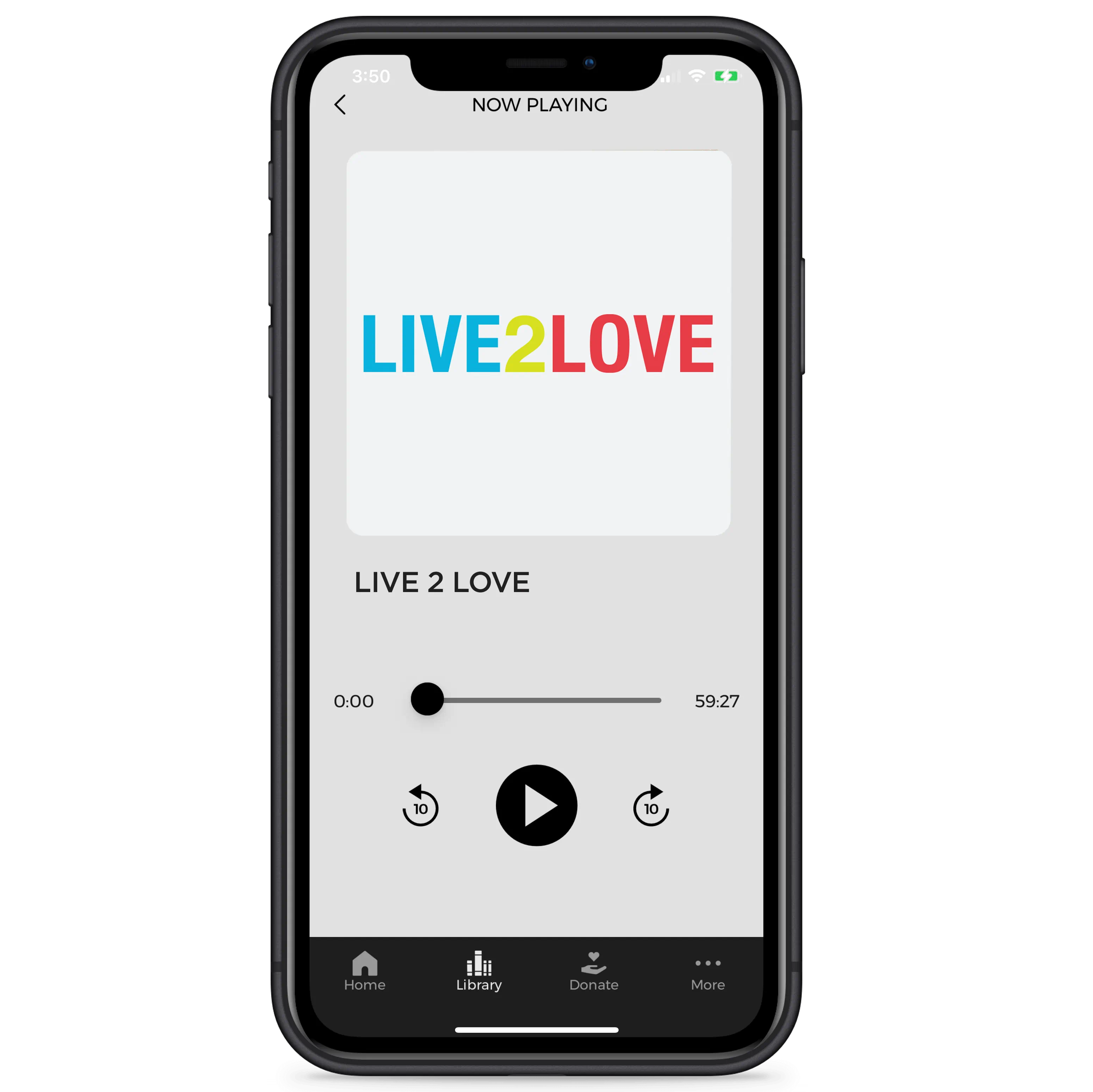The Art of Learning How to Love
Embracing Unselfishness and Unleashing the Power of Love

No matter how long you may live, you'll never stop learning. Every minute of every day brings new opportunities to learn something we've never known before. And as long as we're open to receive, God will continue to teach us every day.
I'm still learning, and I know I always will be. What God teaches me every day about love continues to change my life. I've come to the place where I can honestly say, "Lord, eliminate everything in my life that's holding me back. Please take away anything that's keeping me from walking in love and finding true fulfillment in my life."
In other words: "Lord, reduce me to love—bring me to a state or condition of walking in love completely!"
Love Adapts and Adjusts
One of the most important facets I've learned about love is unselfishness, which is characterized in the Bible as a willingness to sacrifice one's own wishes for those of others. I've learned that true love will always adapt and adjust to the needs and desires of other people.
It's impossible for people who've truly been reduced to love to be selfish. God has taught them how to be totally adaptable and adjustable to others. Selfish people, on the other hand, have hard hearts. It's very difficult for them to learn anything—especially if it involves self-sacrifice. Instead of adjusting to others, they expect everyone else to adjust to them and their needs.
Learning to adapt and adjust to the needs and desires of others was very difficult for me. To be honest, I wanted my way, and I got upset when I didn't get it. I was selfish! I wanted what I wanted, when I wanted it! I couldn't stand having to wait on someone else or bending my own wishes to accommodate someone else's timetable.
But God began to soften my heart, and gradually I learned to see the needs of others. Then God gave me compassion—the heartfelt desire to meet the needs of others first before my own.
Slowly, I became committed to walking in love. I learned to adapt my own needs and desires in order to help meet the needs of others. I learned how to show love in different ways to different people. Not all people need the same thing from us. One of our children, for example, may need more of our personal time than the others. One of our friends may need more encouragement on a regular basis than another.
Do I ever feel too needed? Of course! We all feel overwhelmed from time to time. But I remind myself that God gives me grace for whatever He places in my life, and I'm fortunate to be loved and needed by so many.
Saying It Isn't Enough
If I ever get weary of always trying to be available to meet the needs of others, I remind myself of all the years I lived in selfishness and how unhappy I was. Now I'm just making up for lost time! When I think on this, it doesn't take long for me to adjust my attitude. After all, just telling people "I love you" is not enough. We need to go beyond the words and actually do something to help meet their needs.
My husband, Dave, loves to play golf, so I try to make sure our schedule gives him opportunities to play. But there was a time when it angered me for him to play golf. I was miserable because I hadn't learned to adjust to his needs or desires. I wanted him to make all the adjustments.
I never acknowledged the many ways in which Dave adjusted to my needs. I never saw what he did do—only what he didn't—and it was ruining our relationship. However, I learned to adapt and adjust, and I'm glad I did. It was a little hard on me for a while, but it saved our marriage.
Once you've been reduced to love, you'll have no trouble establishing and maintaining good, healthy relationships with others. Your primary goal in life will be to put the wishes of others before your own. You'll learn that true love is all about sacrifice and selfishness will be a thing of the past.









